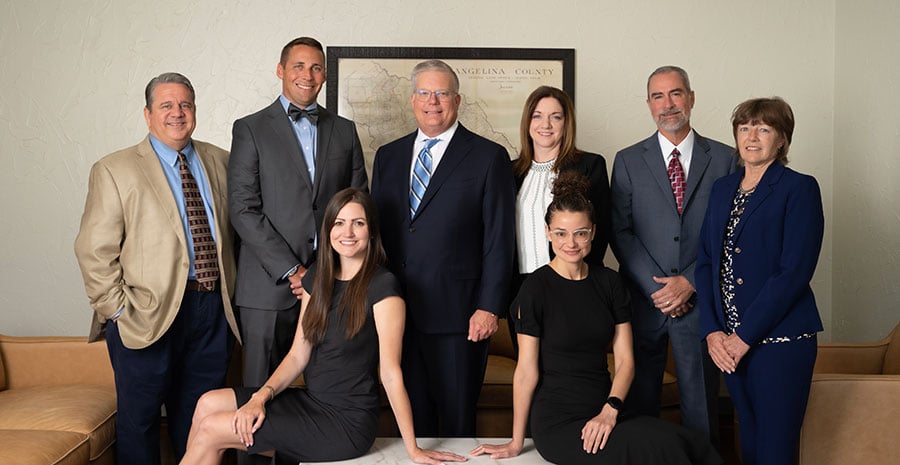After a loved one passes away, you may be among the beneficiaries of their estate. As the probate and estate administration process progresses, you may have concerns about the executor’s conduct. Executors, or personal representatives, often hold their role due to their trustworthiness and understanding of the deceased party’s affairs. Yet, they can abuse their power and knowledge at the estate’s expense. If you worry that your loved one’s executor is mishandling the estate, watch out for these signs.
Failing to record the will
For a will to be effective, it must first receive validation through Texas’ probate court. This process must occur to ensure the will is current and legal. Yet, your loved one’s executor may refuse to record the will at all. If the executor does not discharge this duty, you and the other beneficiaries cannot receive your disbursements until they do so.
Self-dealing
Self-dealing occurs when the executor uses the estate to his or her benefit. The executor may decide that his or her role allows he or she to use assets of the estate for personal expenses. He or she may also try selling the estate’s property for personal gain, which can diminish its total value. Or, he or she may take compensation for the duties of executor that is in excess of what is allowed by law. By depleting the estate, the executor has breached his or her fiduciary duty to the estate, as well as to its beneficiaries.
Withholding assets
You or another beneficiary may have a strained relationship with your loved one’s executor. Tensions may flare up, or old grudges may persist. In these cases, the executor may try withholding your portion of the estate as retribution. This is not acceptable. Probate courts assume an executor will disburse the estate’s assets without considering any ill feelings he or she may hold toward its beneficiaries. The court also expects executors to disburse the contents of an estate pursuant to the terms of the will in a timely manner. By failing to do so, the executor’s actions violate the good faith he or she must uphold in his or her role.
If the actions of your loved one’s executor go unchecked, the estate’s beneficiaries may never receive their share of assets. However, you have the option to petition for the removal of the executor if signs of misconduct arise. An attorney with probate litigation experience can help you make your case.


